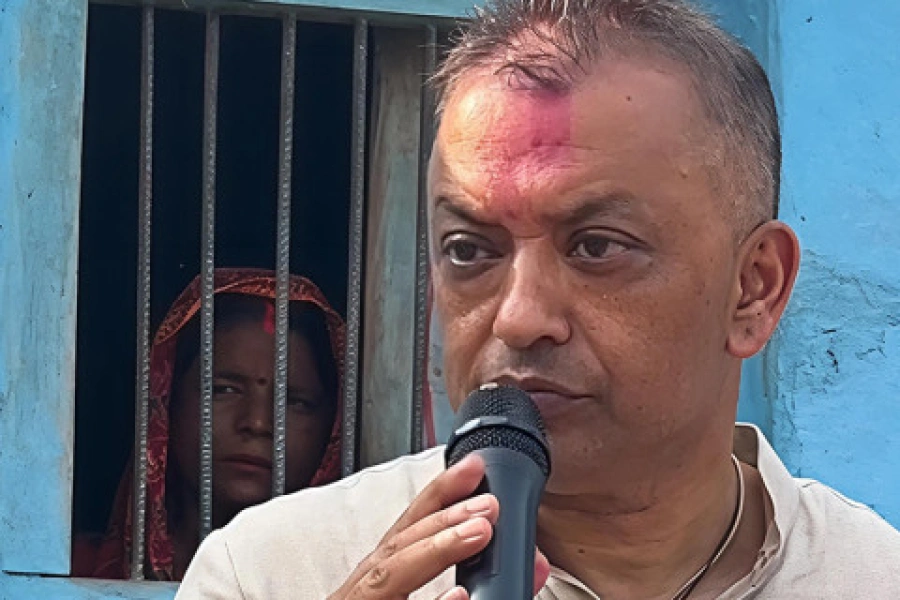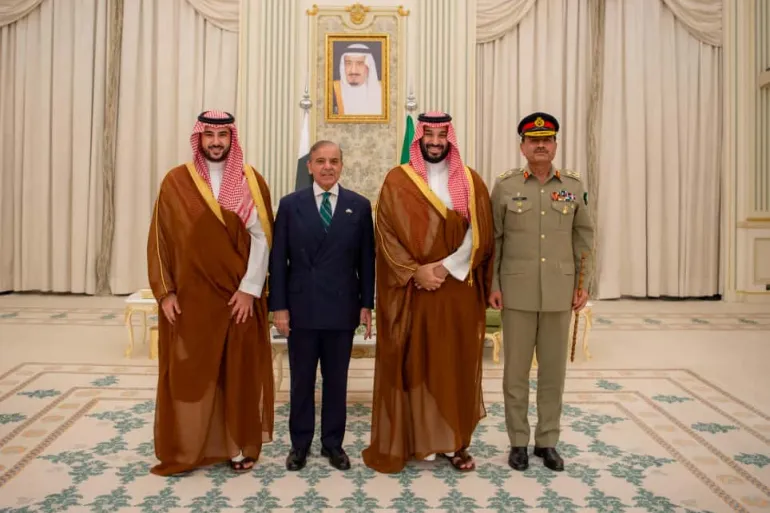Russia’s pact with North Korea will deepen U.S. ties in East Asia
The security pact reached between Russian President Vladimir Putin and North Korean leader Kim Jong-un in Pyongyang, in which both countries promised mutual assistance “in the event of aggression”, has echoes from the Cold War era. Russia and North Korea, erstwhile allies, are facing biting sanctions, but for different reasons. And, both are at odds with the West. Now, they seem determined to revive the alliance so that they can stand up to the western-led global order together. Mr. Putin’s visit to Pyongyang, his first in 24 years, itself marked a new beginning. The Russian leader has supported multilateral efforts to curb the North’s nuclear programme in the past. Moscow has also voted for sanctions at the UN Security Council against Pyongyang over its nuclear arsenals.
Putin says Russia will produce new missiles after demise of nuc...

But the Ukraine war appears to have altered Kremlin’s geopolitical arithmetic and provided an opportunity for Pyongyang to make itself useful as an ally. When the Ukraine war dragged on and Russia came under western sanctions, Mr. Putin turned to Mr. Kim for ammunition and ballistic missiles. After Mr. Kim’s visit to Russia in September 2023, North Korea reportedly supplied ammunition to Russia. Moscow stepped up supplies of food and fuel, and there was speculation that it could help the North’s defence sector with critical technologies. While both have rejected reports of weapons trade, the security pact clearly elevates ties to the level of a de facto alliance.
Ever since the Ukraine war, Mr. Putin has steadily expanded Russia’s cooperation with countries that are at odds with the U.S. He reportedly bought kamikaze drones from Iran. China has also emerged as a key economic, technological and energy partner. And, by promising to help North Korea, an isolated, one-family-ruled totalitarian state that is still technically at war with South Korea, in the event of an attack, Russia has signalled its readiness to play a larger role in northeast Asia. Mr. Putin, essentially a cold warrior, wants to build an axis of the ‘others’ opposed by the West to expedite the churn in the global order.
China remains cautious but seems fine with the idea of its closest partners challenging the western order. This will have far-reaching geopolitical consequences. North Korea will now have little incentive to discuss denuclearisation. Russia, which already has testy ties with Japan, could see its relationship with South Korea deteriorating. The agreement is also likely to strengthen the emerging tripartite partnership in East Asia among Japan, South Korea and the U.S., further solidifying the new cold war between great powers, which is still in its early stages.
Source: The Hindu (India)





-1771986651.webp)




















-1200x560-1771928761.webp)










